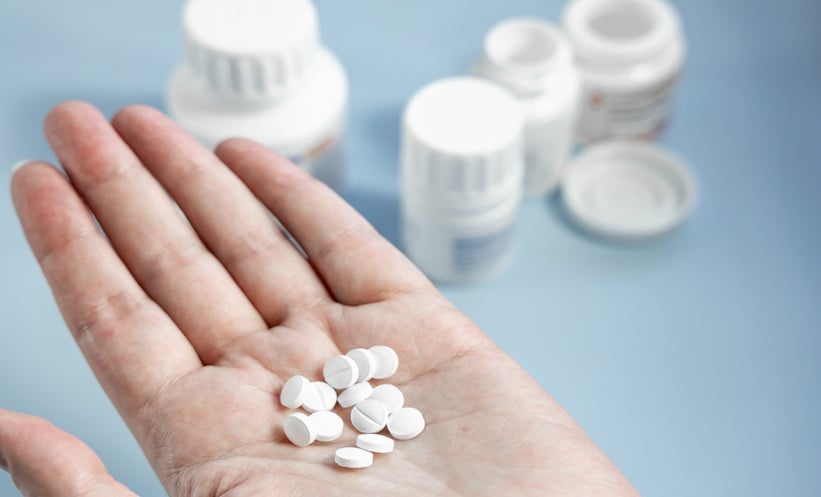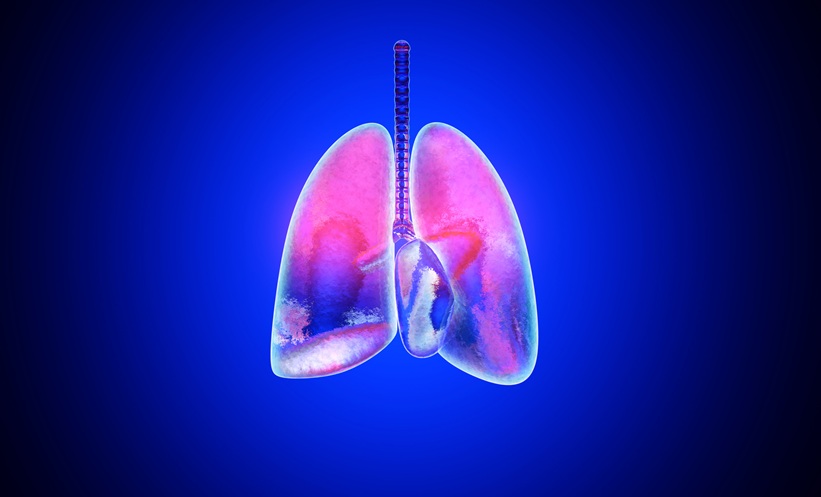AVACOPAN, an oral C5a receptor antagonist approved in 2021, is proving effective in real-world treatment of microscopic polyangiitis (MPA) and granulomatosis with polyangiitis (GPA), according to a new Japanese study.
Researchers at a single center compared outcomes in 66 patients receiving remission induction therapy, 14 of whom were treated with avacopan. While remission rates and reductions in disease activity (measured by Birmingham Vasculitis Activity Score) were similar across groups, avacopan offered key advantages.
Patients on avacopan had lower increases in Vasculitis Damage Index (VDI) scores, required significantly reduced glucocorticoid doses, and experienced fewer steroid-related adverse events. Importantly, avacopan’s benefits were observed regardless of whether patients showed decreases in serum C5a levels, suggesting its effectiveness does not rely on biomarker shifts.
“Avacopan may allow patients to achieve remission with less steroid exposure and fewer long-term complications,” the authors reported. The findings reinforce the drug’s value as a glucocorticoid-sparing option for patients with MPA and GPA, conditions that often require prolonged, high-dose steroid therapy with substantial side effects.
The study highlights the importance of real-world data in confirming avacopan’s clinical benefits and suggests it may help reshape remission induction strategies in ANCA-associated vasculitis.
Reference
Ushio Y et al. Avacopan is effective in inducing remission for MPA/GPA, regardless of changes in serum C5a levels: a single-center study in Japan. BMC Rheumatol. 2025;DOI: 10.1186/s41927-025-00555-2.








